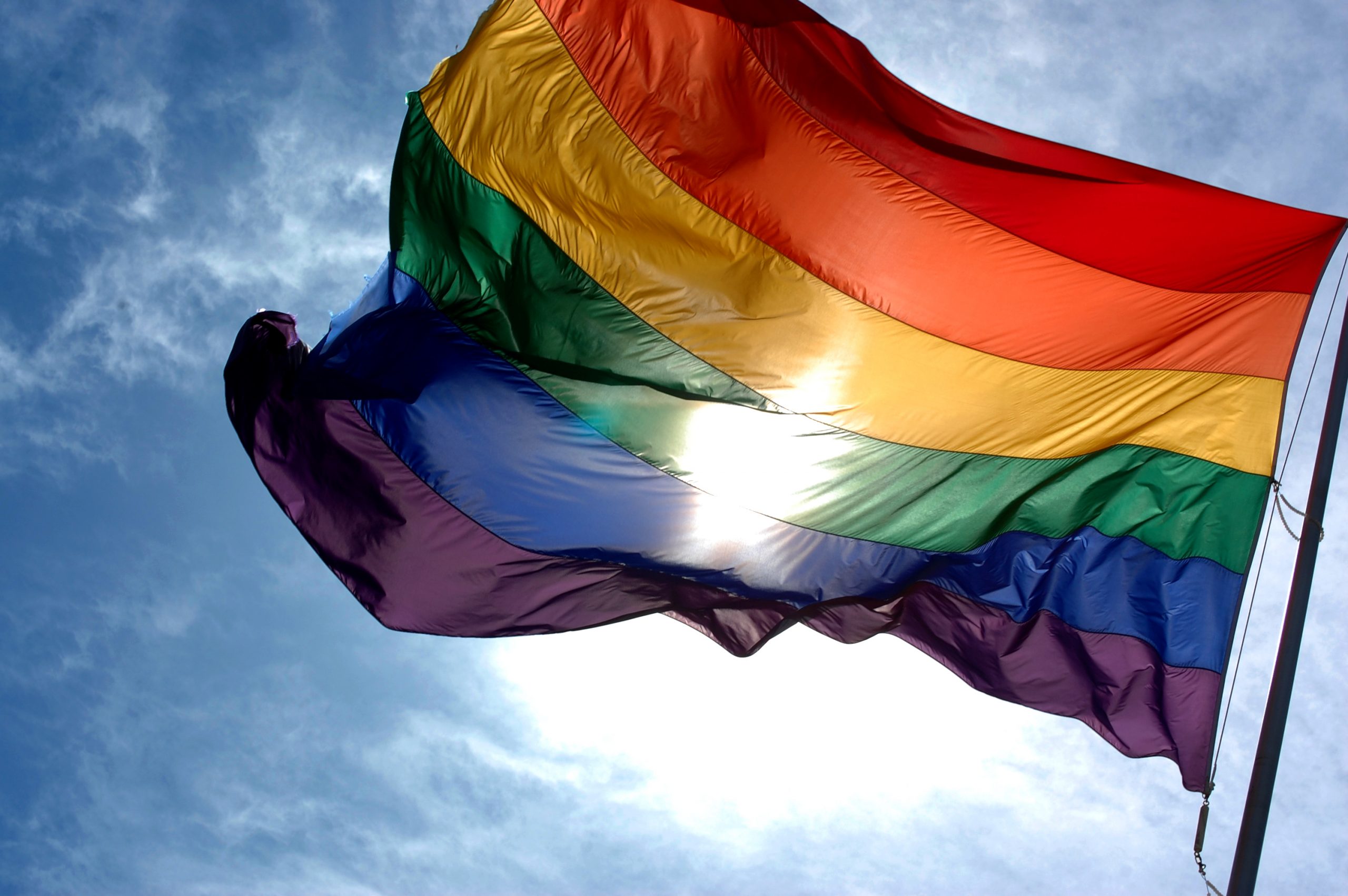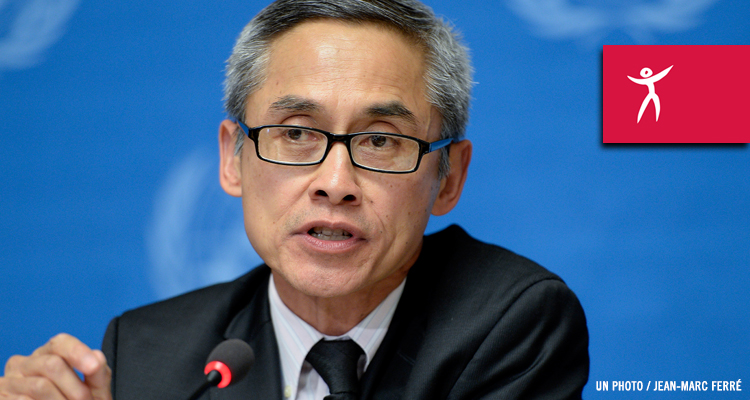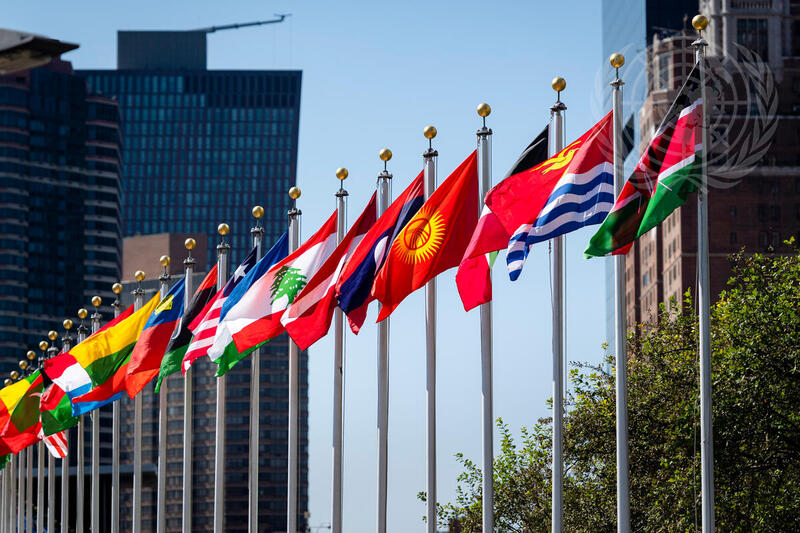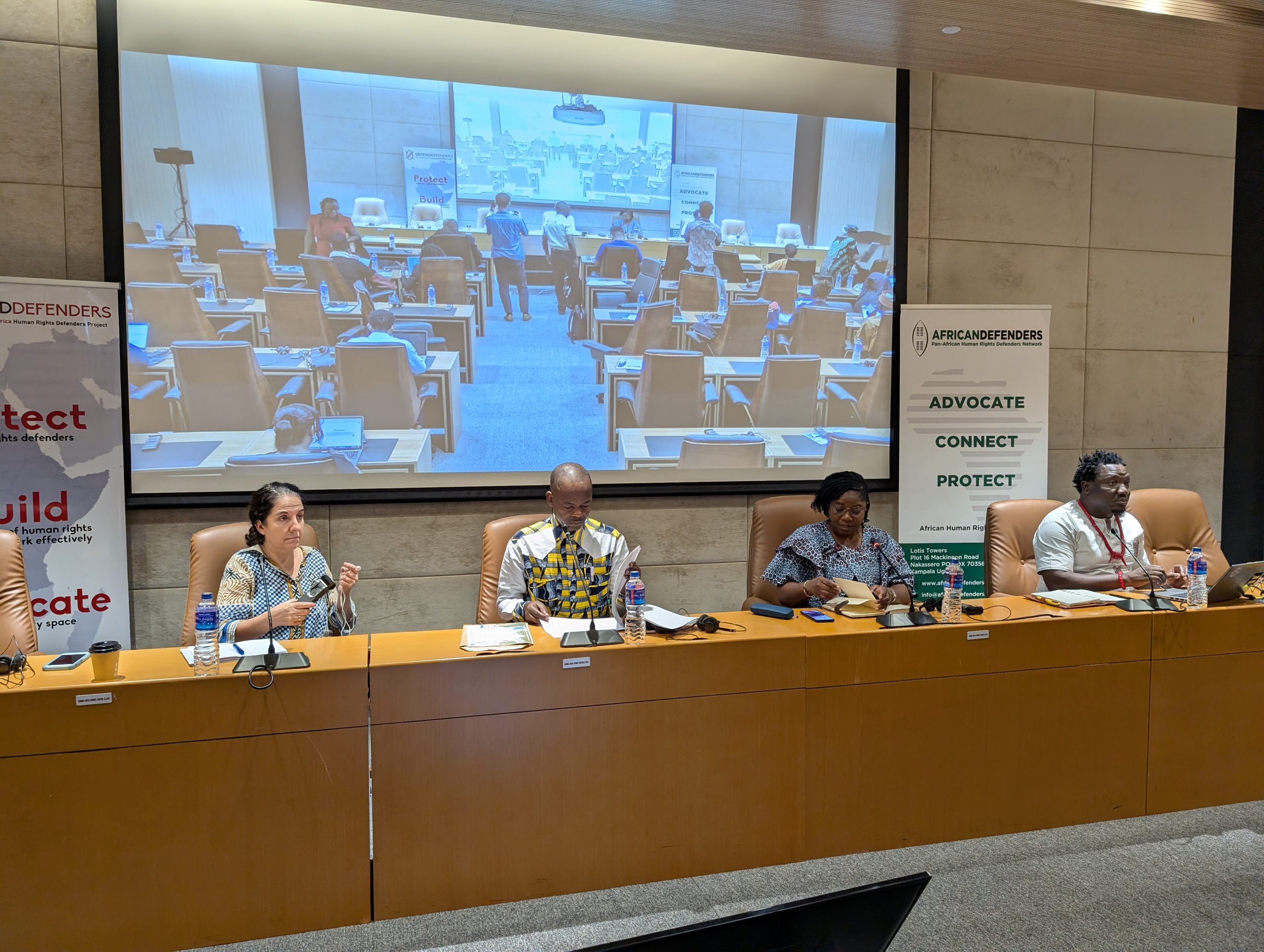Nearly 800 organisations urged members of the UN General Assembly not to undermine the independence of the Human Rights Council and urged them to block attempts to overturn the recent appointment of Thailand’s Vitit Muntarbhorn as an independent expert on protection from violence and discrimination on the basis of SOGI.
Civil society groups from across the globe have resolutely called on the United Nation General Assembly to reject attempts by certain States to block progress on addressing issues of violence and discrimination against all persons – including based on sexual orientation and gender identity.
The Third Committee of the General Assembly in New York considered whether to adopt the most recent report of the Human Rights Council in its entirety or to defer consideration of its decision to set up an Independent Expert on sexual orientation and gender identity.
In the three days leading up to November 21’s vote, 799 human rights organisations from every region signed on to an open-letter explaining that by not respecting the outcomes and decisions of the Human Rights Council, the possible deferral would fundamentally undermine the authority granted to the apex human rights body by the General Assembly.
LGBT rights programme manager at the International Service of Human Rights (ISHR), Pooja Patel, said alarming levels of misinformation were circulating ahead of the vote with a number of States under the misconception that the establishment of this expert position will result in a new set of standards being developed.
‘The independent expert’s job is to help the UN and governments around the world to address the violence and discrimination faced by individuals on the basis of their sexual orientation and gender identity within the existing framework of established international human rights law,’ said Ms Patel.
As outlined in the joint letter, the legal basis of the creation of the mandate is in line with the legal basis behind previous Human Rights Council resolutions focused on sexual orientation and gender identity (adopted in 2011 and 2014).
While the proposed resolution specifically targets the creation of the SOGI expert position, Ms Patel warns that the same reasoning could apply to undermine any decision made by the Human Rights Council.
“There’s a lot at stake here. Not only would this attempt to scrap the appointment deliver a cruel blow to the rights of lesbian, gay, bisexual and trans people around the world, but it will be an attack on the independence of the UN’s own peak human rights body,’ said Ms Patel.
The Human Rights Council President, Ambassador CHOI Kyonglim, recenly made a forceful appeal to the Third Committee not to re-open decisions made by the Human Rights Council.
On Friday, November 18, the Third Committee rejected attempts by certain States to strip away references from a resolution focused on extrajudicial killings to groups facing particular risks, including LGBT persons.
Ms Patel said whilst she welcomed the fact that the majority of member States had recognised that certain groups are vulnerable and more at risk of violence, she was deeply concerned to see that 60 States actually supported the removal of references to LGBT people – a higher number than in previous votes of a similar nature.
‘These initiatives are about ensuring effective protections according to universal human rights standards and principles, so it’s always disappointing to see countries voting against them and the numbers seem to be getting worse,’ said Ms Patel.




